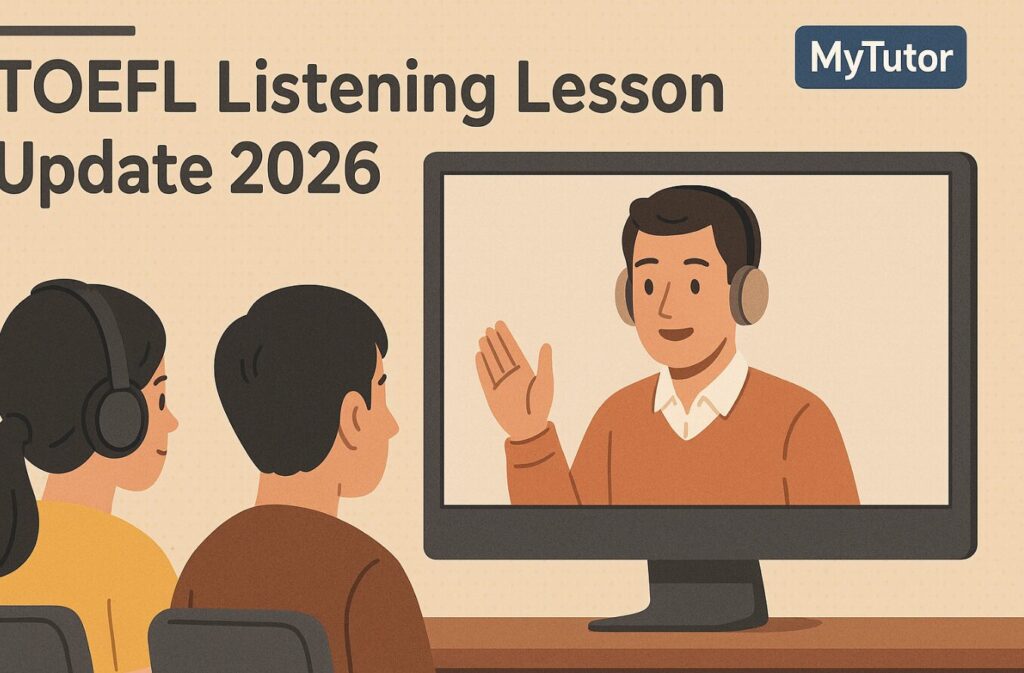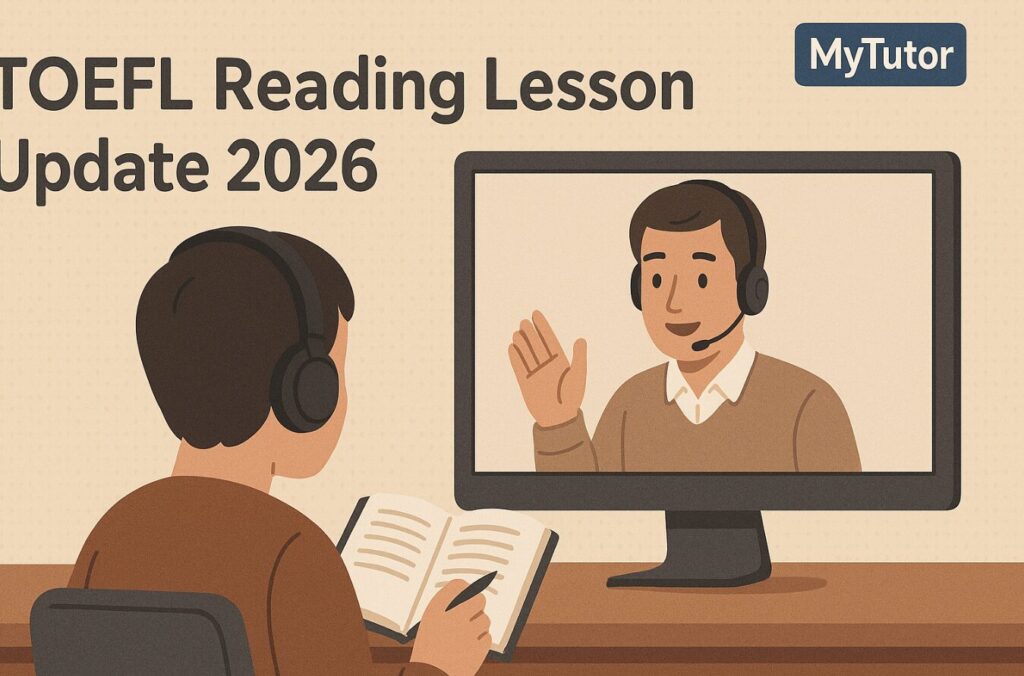※ All instructors will teach this course.
▮ Course Title:
TOEFL Writing Mock Test (Update 2026)
▮ Level:
CEFR A2, TOEIC L&R 400+, EIKEN Grade Pre-2+
▮ Number of Lessons:
100 Mock Tests (1 Mock = 2 Lessons, 50 minutes total)
◆◆◆ 1 Mock = 3 Tasks ◆◆◆
● Build a Sentence — Sample Material
● Write an Email — Sample Material
● Academic Discussion — Sample Material
▮ Standard Required Time:
1 Mock Test typically requires 2 lessons (25 min × 2).
★ The actual time required may vary depending on the learner.
▮ Recommended Number of Mocks:
50 Mocks = 100 Lessons
(The number of mocks is up to the learner’s discretion.)
▮ Materials:
You will receive the materials from the instructor during the lesson.
Please take the lesson without preparation.
If you need the materials for review, you may request the instructor to give you only the materials used during the lesson.
▮ Lesson Overview:
This course uses practice questions similar to the actual exam.
● Each Mock Test proceeds in the following order:
Build a Sentence → Write an Email → Academic Discussion
● Standard Required Time:
1 Mock Test typically requires 2 lessons (25 min × 2).
● During the lesson, the instructor will correct your written answers and create a model response based on your work.
For consistency, please book the same instructor for all 3 tasks (2 consecutive lessons) within one Mock.











